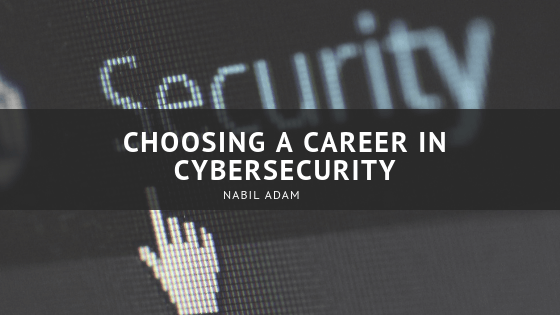The Internet provides a number of incredible opportunities to learn and explore, but with this vast expanse of possibility, there is great risk involved, as well. As the frequency and intensity of cyberattacks increase, so does the need for improved cybersecurity measures. This means that the number of jobs in this field increases, too. For those interested in information technology, data science, analytics, and coding, considering a career in cybersecurity may be smart move.
In the United States, there are currently more than 300,000 job openings in the cybersecurity field. Not only that, but because the number of qualified candidates is much lower for cybersecurity jobs than for the national average, those applying for these open positions have a unique opportunity for receiving higher pay—and the chance to negotiate for even more compensation.
To top it off, this field is relatively new, and with the growing global technologies, the chances of cybersecurity jobs fading any time soon are infinitesimally low. Job security won’t be an issue in this field, and there are plenty of possible positions to choose from.
Security Analyst
Identifying threats, finding vulnerabilities, and strategizing how to protect important information. They must regularly assess software, hardware, security measures, and servers to search for potential weak spots. Primarily, their position is a preventative one; they will craft a security plan to prevent security breaches and cyber attacks from threatening their data.
Cryptographer
Having experience with technical aspects like computer engineering, coding, and programming can help prepare you for work in the cryptographer position. A cryptographer is responsible for ensuring information cannot be stolen by encrypting (and decrypting) the data with codes. This is an important position for organizations with financial, medical, and federal information in their systems, as this kind of data is the prime target of most hackers.
Forensics Expert
Should a cyberattack occur, a forensics expert will be required for analysis and diagnostics. Like a digital detective, forensics experts will take relevant information off of equipment like computers and cellular devices as evidence and use this information to make a case against the hackers. The key information will be forwarded to law enforcement agents, but the forensics expert is responsible for obtaining and assessing the data in order to make sense of it.
Penetration Tester
On the more unconventional side of employment, the penetration tester’s job is to try to hack into a system, network, or database in order to identify vulnerabilities and other issues. Using predetermined tools as well as original creations, this is an essential role in improving security as the work allows for a unique perspective on cybersecurity measures.
There are many other positions worth considering, from Security Architect to Source Code Auditor, but recognizing the opportunities and the prevalence of the field is a good start toward choosing a career in cybersecurity.

